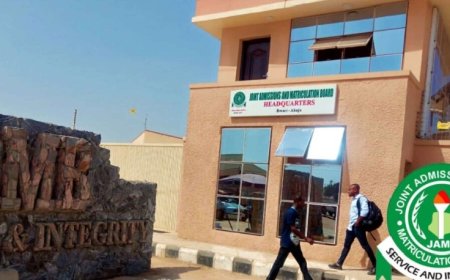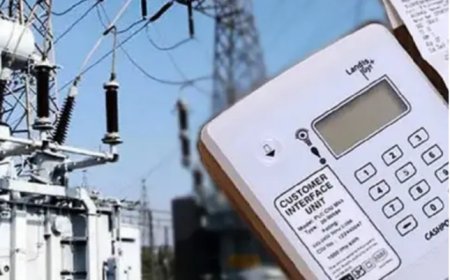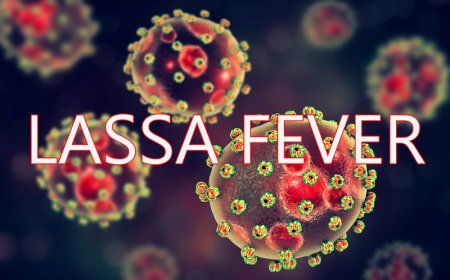Kidney health warning signs: 9 signs our kidney is in danger

Kidney Health Warning Signs: 9 Signs Your Kidneys Are in Danger
The kidneys are vital organs responsible for filtering waste, balancing fluids, and regulating blood pressure. When they start to fail, the body gives warning signs. Ignoring these signs can lead to severe complications, including kidney failure. Here are nine crucial signs that indicate your kidneys may be in danger.
1. Changes in Urination
Your kidneys play a crucial role in producing urine, so any changes in urination may be a sign of kidney trouble. Watch out for:
Frequent urination, especially at night (Nocturia)
Foamy or bubbly urine, which indicates excess protein
Dark, cloudy, or bloody urine
Pain or difficulty urinating
Decreased urine output despite adequate hydration
Changes in urination often indicate kidney dysfunction, and early detection is crucial.
2. Swelling in the Feet, Ankles, and Hands
When kidneys struggle to remove excess fluid and sodium, fluid retention occurs, leading to swelling (edema). This swelling is usually noticeable in the:
Feet
Ankles
Hands
Face
If you experience sudden or persistent swelling, it may indicate kidney disease or heart problems.
3. Persistent Fatigue and Weakness
Healthy kidneys produce erythropoietin (EPO), a hormone that stimulates red blood cell production. When kidney function declines, EPO levels drop, leading to anemia. This can cause:
Extreme tiredness
Weakness
Difficulty concentrating
Dizziness or shortness of breath
If fatigue persists despite good sleep and nutrition, kidney disease could be a contributing factor.
4. Skin Itching and Dryness
When kidneys fail to filter out toxins and waste, excess phosphorus and uremic toxins accumulate in the bloodstream. This can lead to:
Severe itching (pruritus)
Dry, flaky skin
Rashes
If skin issues persist and are not related to allergies or dermatological conditions, consult a doctor to check kidney function.
5. Persistent Back or Side Pain
Pain in the lower back or sides (flank pain) can be a sign of kidney problems, including:
Kidney infections (pyelonephritis)
Kidney stones
Polycystic kidney disease (PKD)
Unlike muscle pain, kidney-related pain is deep, persistent, and often accompanied by other symptoms like fever, nausea, or painful urination.
6. High Blood Pressure (Hypertension)
The kidneys help regulate blood pressure by controlling fluid and sodium levels. When they malfunction, blood pressure rises due to fluid retention and narrowed blood vessels.
Signs of kidney-related hypertension include:
Severe or uncontrolled high blood pressure
Headaches
Vision problems
Chronic high blood pressure can damage kidney function over time, leading to kidney disease.
7. Shortness of Breath
Damaged kidneys can lead to fluid buildup in the lungs and low oxygen levels due to anemia, causing:
Difficulty breathing (especially when lying down)
Wheezing or chest tightness
Feeling out of breath even with mild activity
If you experience persistent shortness of breath without lung-related issues, consult a doctor to check kidney function.
8. Metallic Taste and Bad Breath
A buildup of toxins (uremia) in the bloodstream can lead to:
A metallic taste in the mouth
Persistent bad breath (ammonia-like odor)
Loss of appetite or food aversions
Uremia affects taste perception and can cause nausea or vomiting, especially in advanced kidney disease.
9. Difficulty Sleeping (Insomnia)
Kidney disease has been linked to poor sleep quality due to:
Toxin buildup in the blood
Restless leg syndrome (RLS)
Sleep apnea
If you have trouble falling or staying asleep alongside other symptoms, kidney function tests may be necessary.
What to Do If You Notice These Signs?
If you experience two or more of these symptoms, don’t ignore them. Visit a doctor and request kidney function tests, including:
Blood tests (Creatinine, Blood Urea Nitrogen [BUN], and Glomerular Filtration Rate [GFR])
Urine tests (Protein or blood in urine)
Imaging tests (Ultrasound or CT scan)
Preventing Kidney Disease
To keep your kidneys healthy:
✔ Stay hydrated – Drink enough water daily
✔ Eat a balanced diet – Avoid excessive salt, sugar, and processed foods
✔ Control blood pressure and diabetes – Manage underlying conditions
✔ Exercise regularly – Maintain a healthy weight
✔ Limit alcohol and avoid smoking – Reduce toxins affecting kidney function
✔ Avoid overuse of painkillers – NSAIDs can harm the kidneys over time
Final Thoughts
Your kidneys work hard to keep your body functioning. Ignoring early warning signs can lead to severe complications, including kidney f
ailure. If you notice any of these signs, consult a doctor immediately to prevent further damage. Early detection and lifestyle changes can protect your kidneys and improve overall health.






































